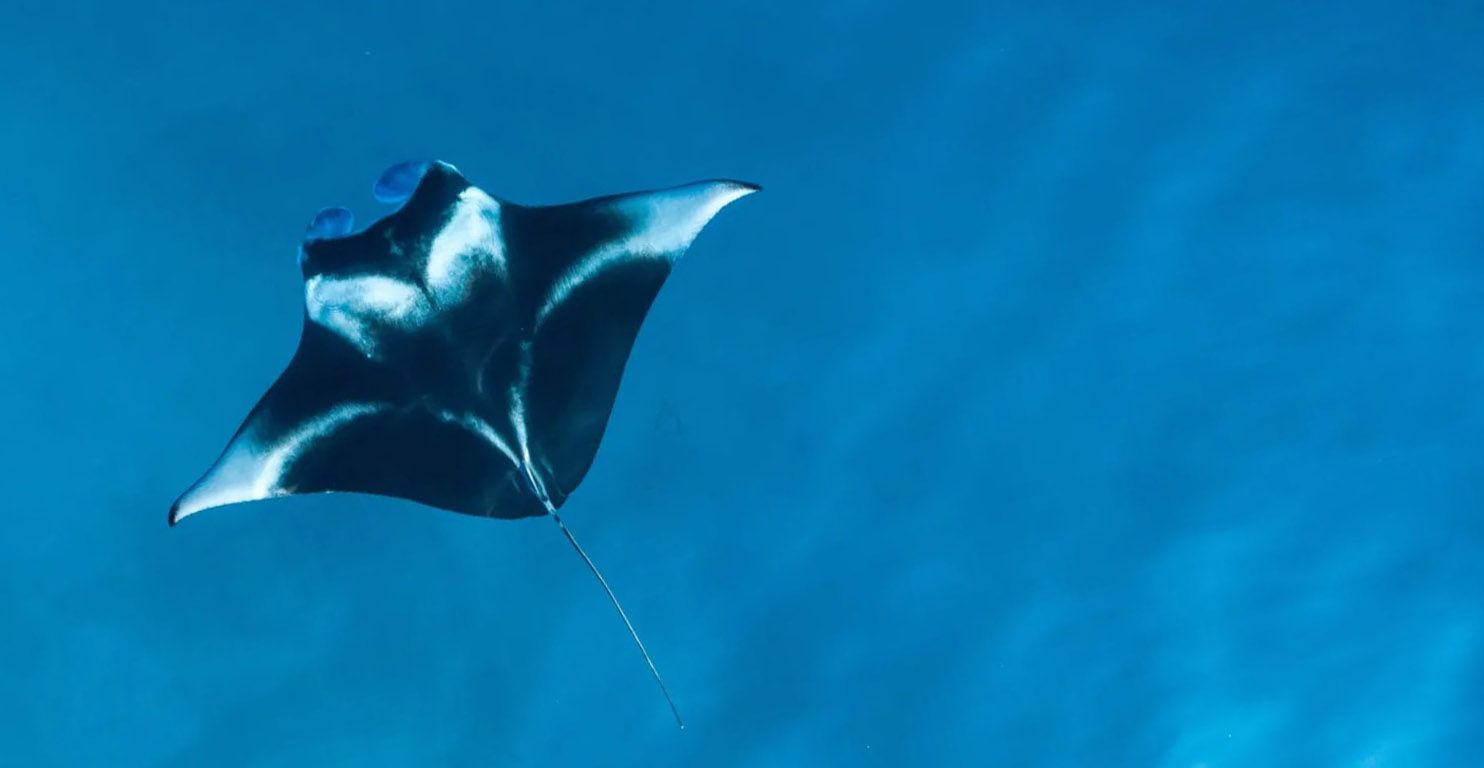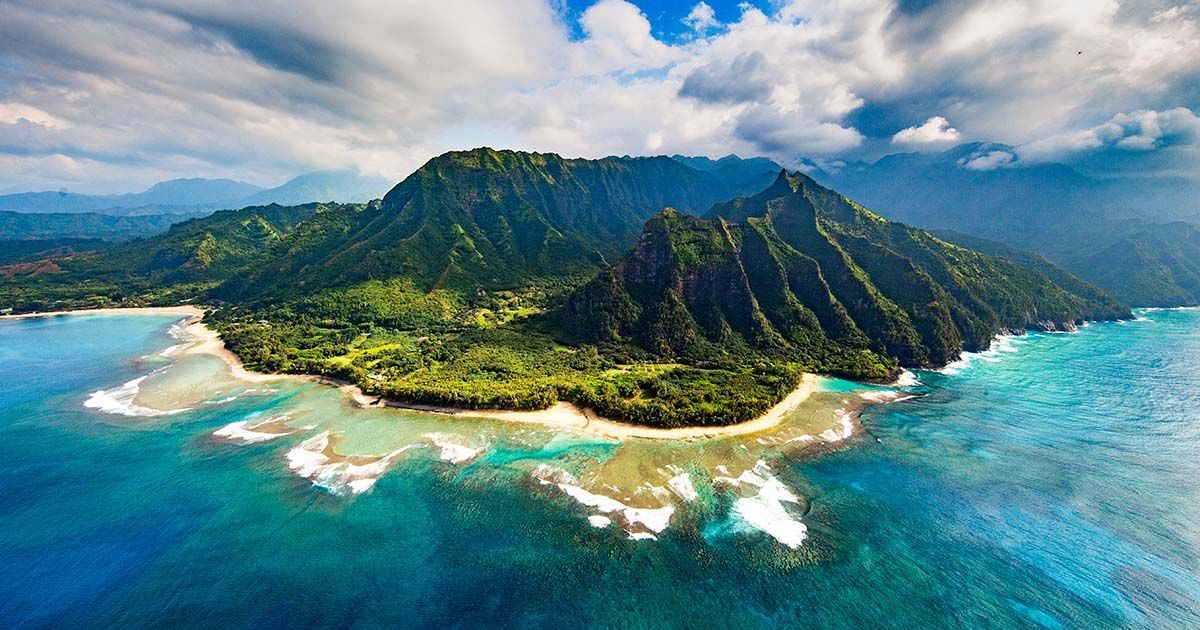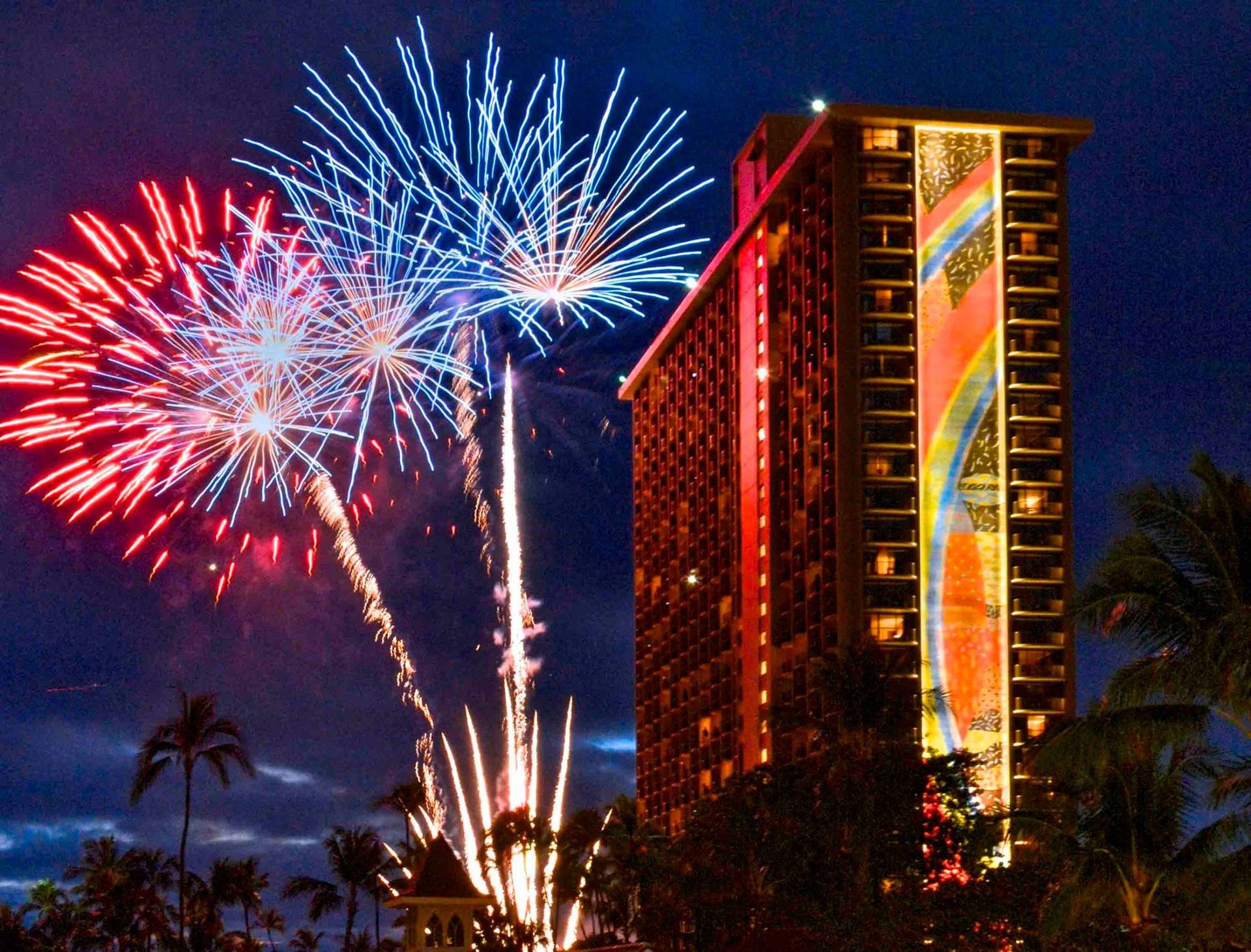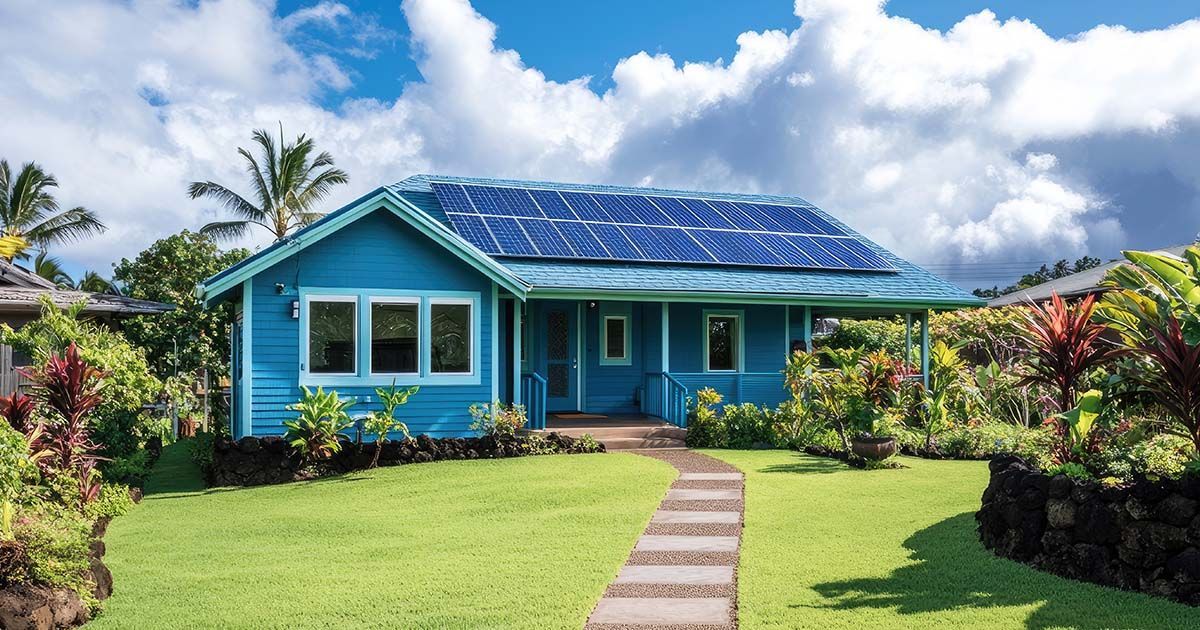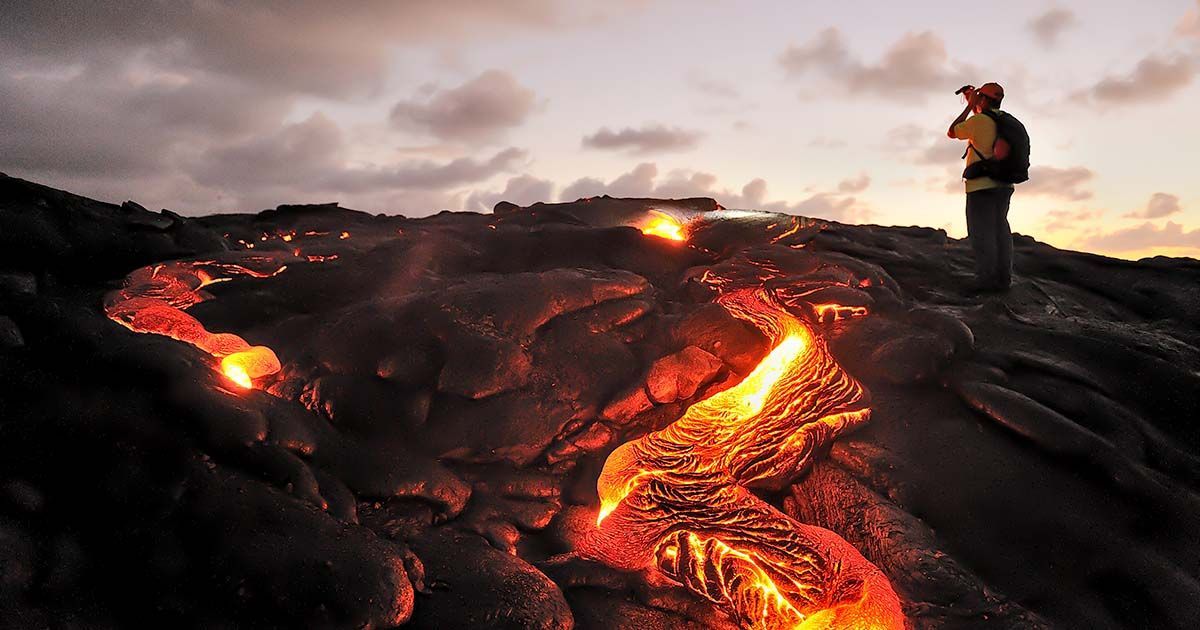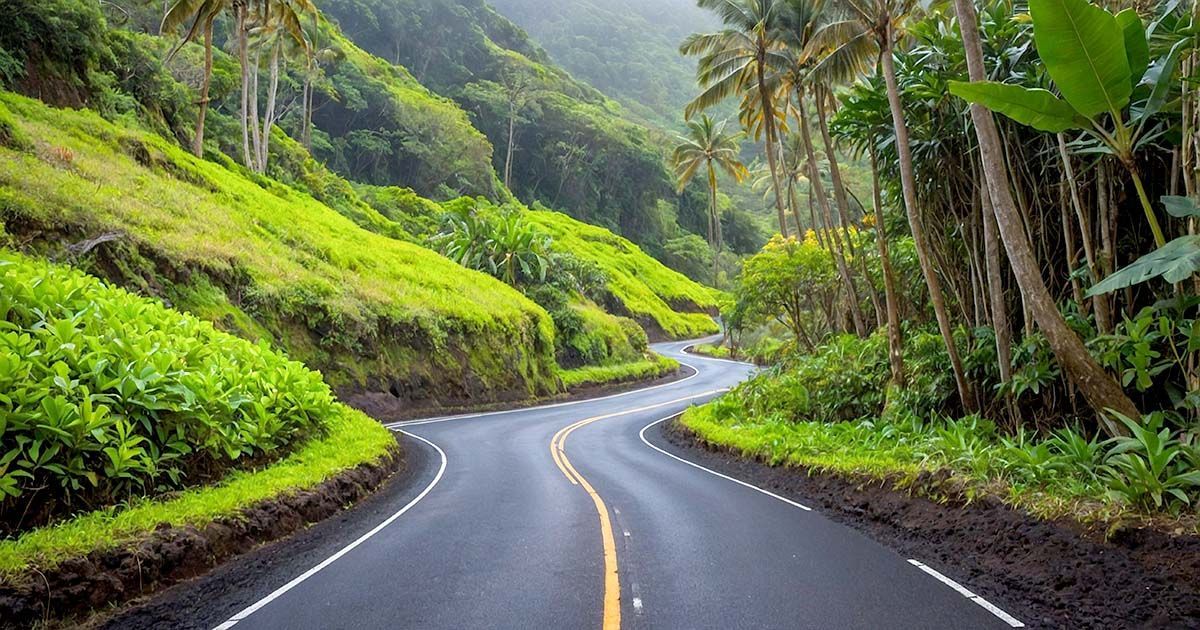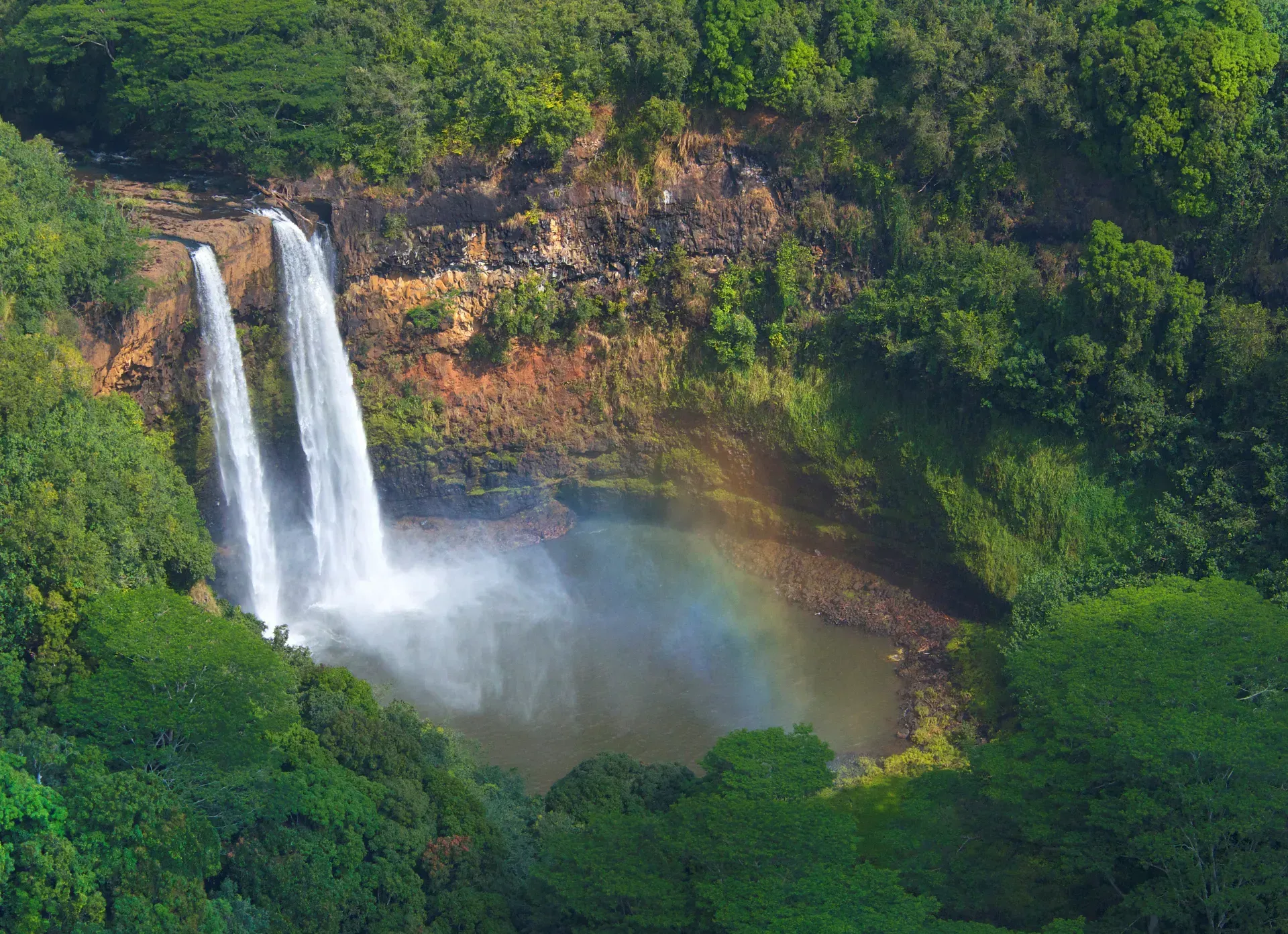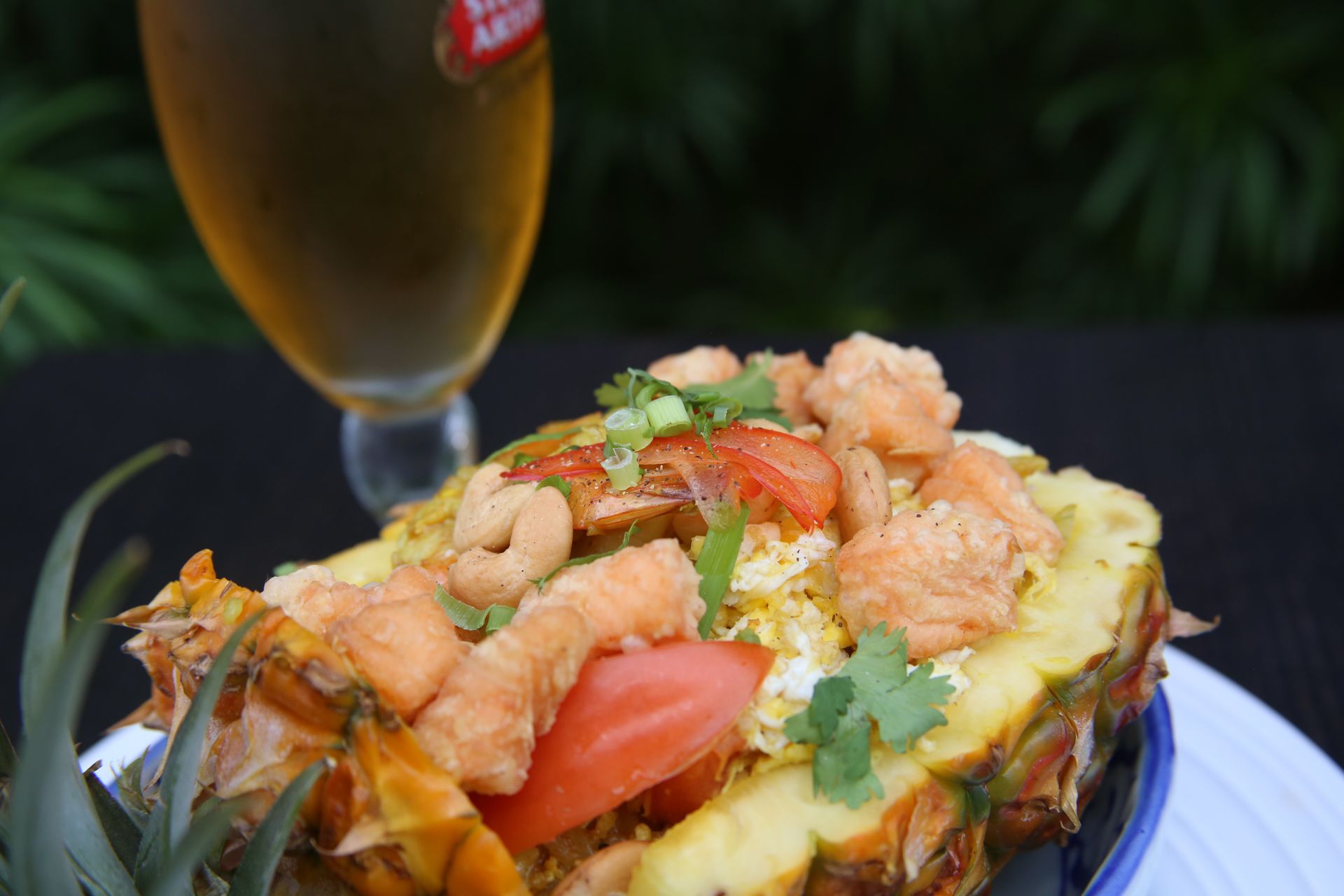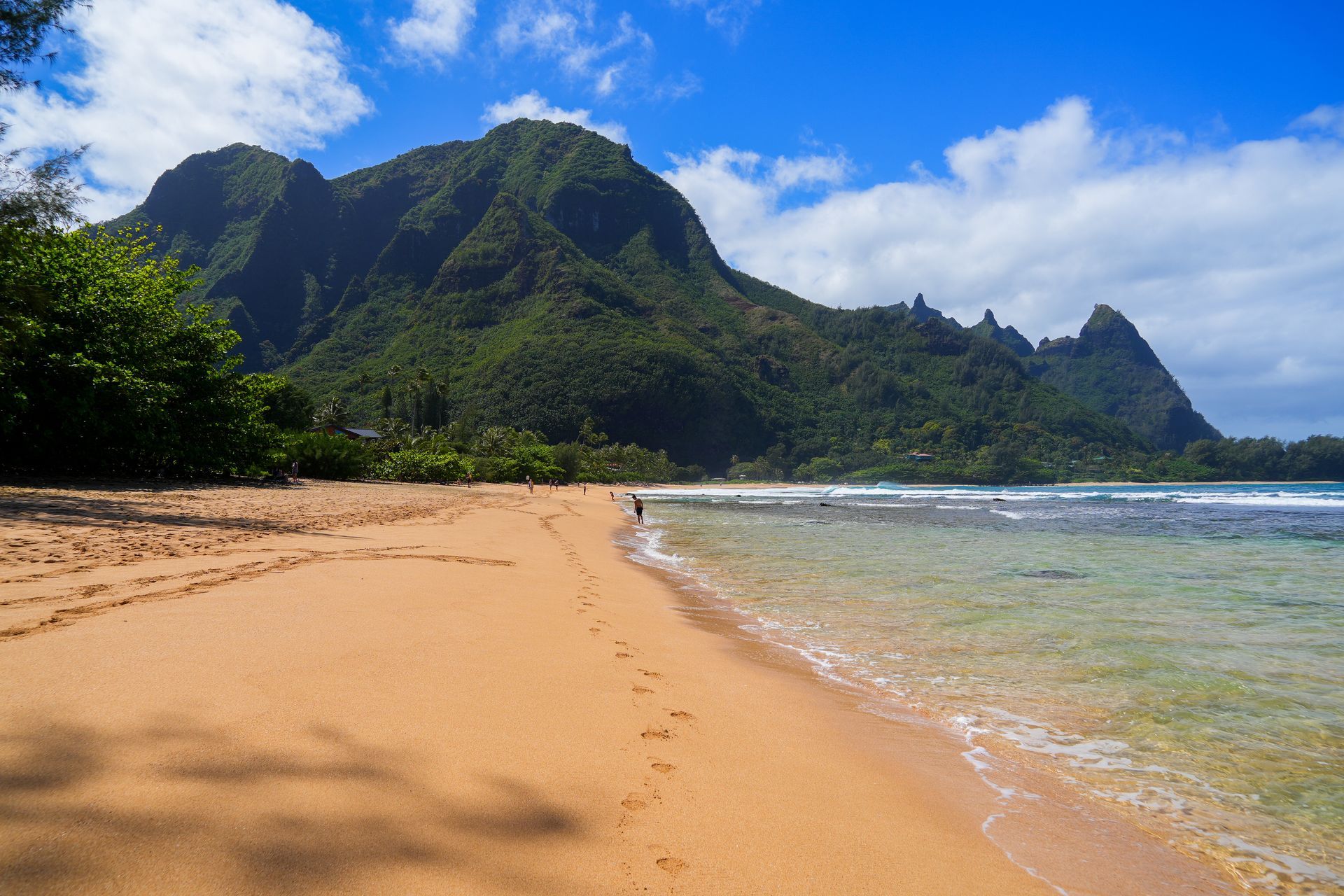Six Hawaiʻi Customs to Make Your New Year Unforgettable
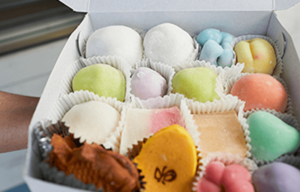
There’s no place like home for the holidays and, lucky for us, home means rolling mountain ranges, big wave surf and a rich history steeped in many cultural traditions. Influenced by Japanese, Chinese and Hawaiian customs, Hawaiʻi is the perfect melting pot in which to welcome 2018. And, with many traditions practiced in the hopes of bringing about good fortune in the year to come, how can you go wrong? Let’s face it—we could all use a little good luck this year.
This week we’re taking a look at some of the cultural traditions that have shaped the Hawaiʻi we know and love today.
1. Mochi pounding. Mochi pounding is a Japanese custom that involves a day of preparing mochi, a sweet and sticky rice cake, by hand. Family members often pair up for the process, which begins by pounding the rice with either a stone mortar or wooden hammer. As one person pounds the rice, the second person turns the bundle until the rice achieves a batter-like consistency. Then the mochi is molded into individual patties, the shape of which symbolizes good fortune and prosperity during the New Year. People enjoy eating mochi stuffed with traditional flavors like azuki beans and kinako. For the more adventurous out there, sample mochi stuffed with chocolate, strawberries, peanut butter or lilikoi!
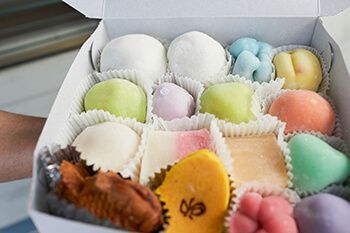
2. Ozoni soup. Though the origins of drinking ozoni at the New Year are largely unknown, I’m grateful to whoever or whatever started this delicious tradition. Ozoni is one of my favorite foods, and although it’s simple enough to make throughout the year, I relish the tradition of eating a steaming bowl only when the clock strikes midnight on New Year’s Day. This Japanese staple has a dashi or chicken broth base and contains chicken or pork, mochi and seasonal vegetables like daikon, mushrooms and leafy greens. Just thinking about the warm, soothing broth and veggies makes my mouth water!
3. Eating sashimi. It’s no secret—people in Hawaiʻi are crazy about their sashimi. As someone who only started eating raw fish fairly recently, I’ve slowly grown to love this Japanese delicacy, despite its very, very raw appearance. Why? Because it tastes amazing! Pair fresh sashimi with light dabs of shoyu (I’m not a fan of wasabi, so I pass on the spicy shoyu), and I’m in seafood heaven. The pro of New Year sashimi: eating sashimi is another way to ensure prosperity in the coming year. The con of New Year sashimi: everyone wants to get his hands on it, so prices for these tuna blocks can climb pretty high.
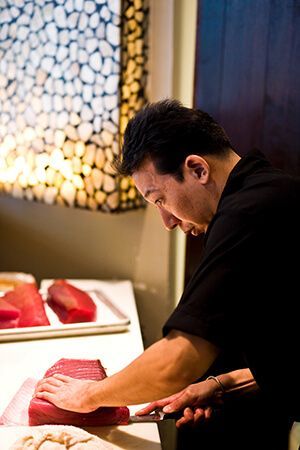
4. Popping fireworks. This popular and now widespread Hawaiʻi tradition finds its roots in Chinese culture, a fun (and loud) activity meant to welcome in the New Year. Popular firecrackers include sparklers, rockets and aerials. Visitors and residents alike, please take note : Firecrackers can be purchased in Hawaiʻi only with a permit. They may legally be set off between 9:00 p.m. on New Year’s Eve and 1:00 a.m. on New Year’s Day. If you’re not a fan of popping fireworks yourself, head down to Waikīkī for a colorful fireworks show starting at 11:55 p.m. on New Year’s Eve.
5. Chinese New Year. Speaking of Chinese culture, Chinese New Year is a celebration that closely follows our January 1 New Year holiday. Also known as “Spring Festival,” Chinese New Year is a popular time to celebrate the Lunar New Year. Chinese New Year brings together the Chinese community in Hawaiʻi to observe many meaningful traditions from mid-January to mid-February. Festive parades take place throughout the month and feature traditional dragon and lion dances, live musical performances, authentic (and oh so delicious) Chinese food and thrilling Kung fu exhibitions.
6. Hauʻoli Makahiki Hou. Here in Hawaiʻi, we wish our friends and family a Happy New Year with the phrase, “Hauʻoli Makahiki Hou,” translated as “Happy New Year!”
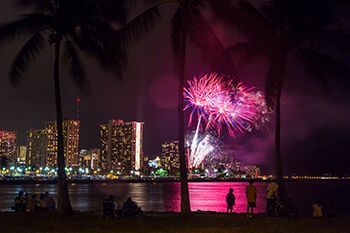
Celebrating the New Year in Hawaiʻi is a festive and enjoyable experience, made even more memorable by the diverse cultures that shaped our longstanding traditions. We hope to wish you a warm Hauʻoli Makahiki Hou during your next New Year visit!
Happy adventuring!
Megan

